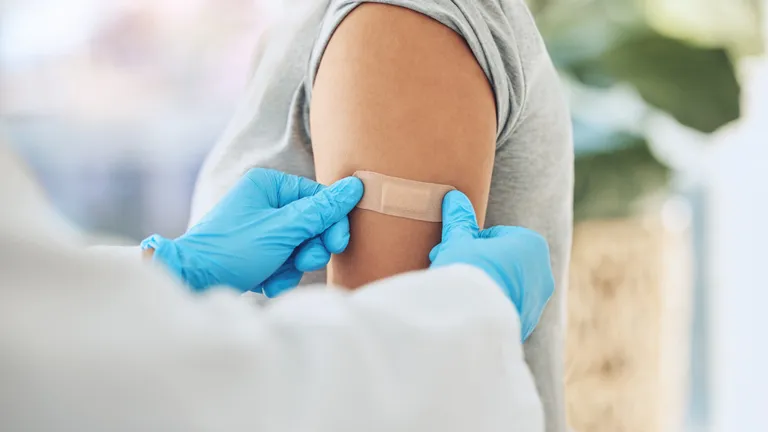
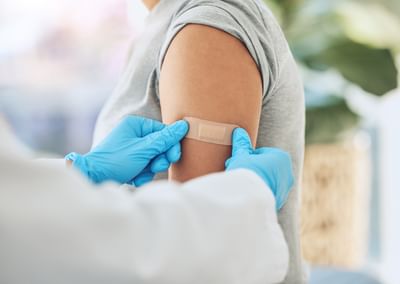
Immunisation and cancer
There are some viruses that can cause different types of cancer, but thankfully vaccination against these viruses combined with screening and other treatments can help to reduce cancer risk. Immunisations that can reduce the risk of cancer include: the HPV (human papillomavirus) vaccine and the hepatitis B vaccine. If you are unsure of your immunisation status, or want to learn more about your options, speak to your doctor.
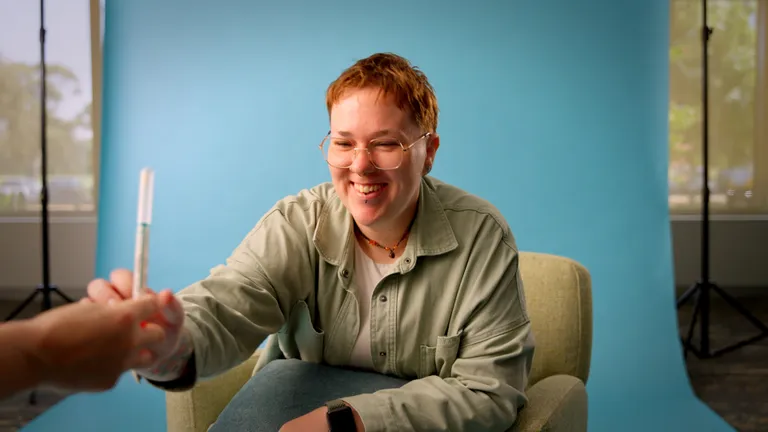
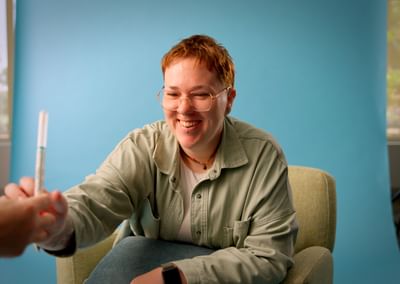
Screening and finding cancer early
There are currently four national cancer screening programs available in Australia to find breast, bowel, cervical and lung cancer early. Regular cancer screening is one of the best ways to find cancer before symptoms have developed, when it is small and easy to treat. No matter your age, it’s important to get to know your body and understand what is normal for you. Often, changes in the body turn out to be something other than cancer. But if it is cancer, finding out and getting treatment early can make a big difference.
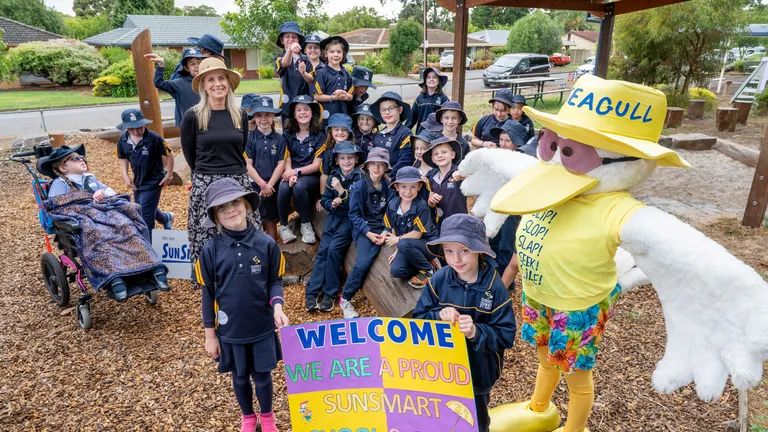
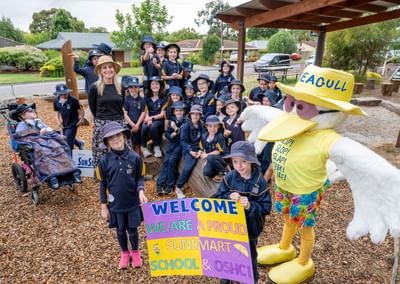
SunSmart Schools & Early Childhood Program
Cancer Council’s SunSmart Schools and Early Childhood Program has been running in South Australia for more than 20 years, with more than 1,000 South Australian schools, OSHC services and early childhood centres currently recognised as SunSmart. In the past year alone, the SunSmart Schools and Early Childhood Program has protected around 135,000 South Australian children and their educators from harmful UV radiation.
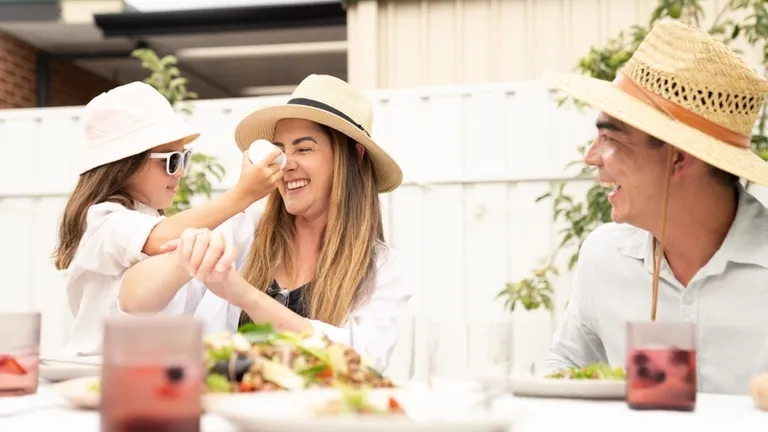
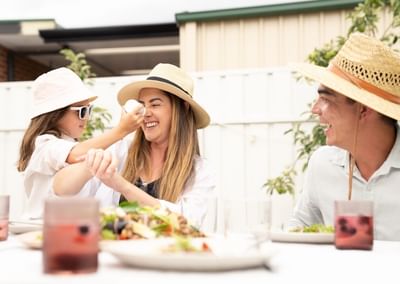
Sun protection
Australia has the highest rates of skin cancer in the world, with two in three Australians diagnosed with skin cancer in their lifetime. To protect your skin, when the UV is 3 and above, use a combination of the five sun protection measures: Slip, Slop, Slap, Seek and Slide.
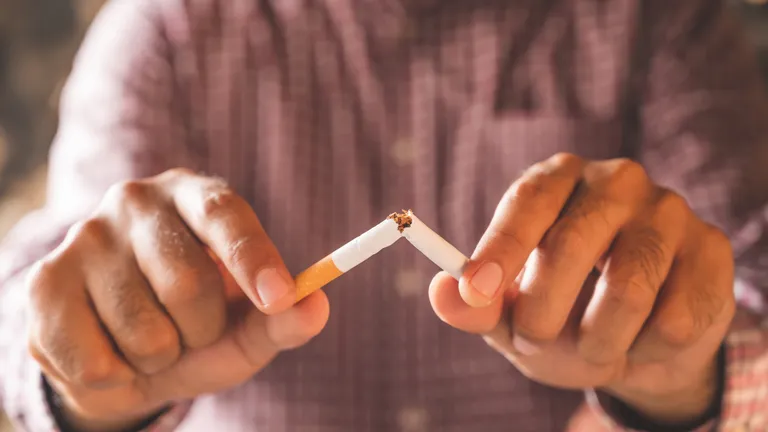
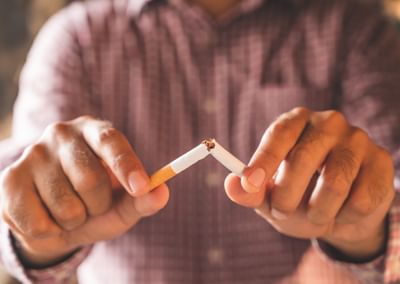
Smoking and vaping
Learn about quitting smoking, our Tackling Tobacco program, the dangers of e-cigarettes and current smoke-free legislation
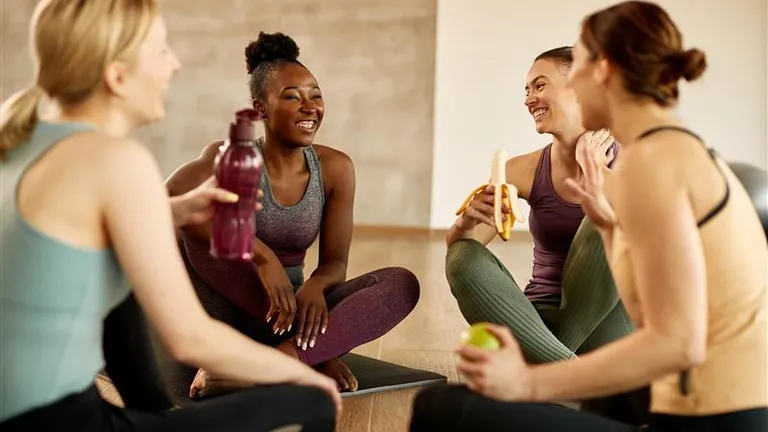
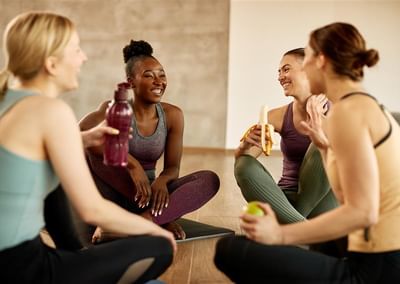
Nutrition, alcohol and physical activity
Eating well, limiting or avoiding alcohol, and being more physically active can all protect against cancer. As well as independently reducing cancer risk, a combination of eating well, limiting or avoiding alcohol, and being more active can help us maintain a healthy weight, reducing the risk of cancers associated with excess body weight. There is strong evidence linking excess body fat to an increased risk of 13 types of cancer. While not everyone living in a larger body is unhealthy — and not everyone living in a smaller body is healthy — adopting healthy behaviours like eating well and being physically active, can help reduce cancer risk for people of all body sizes.
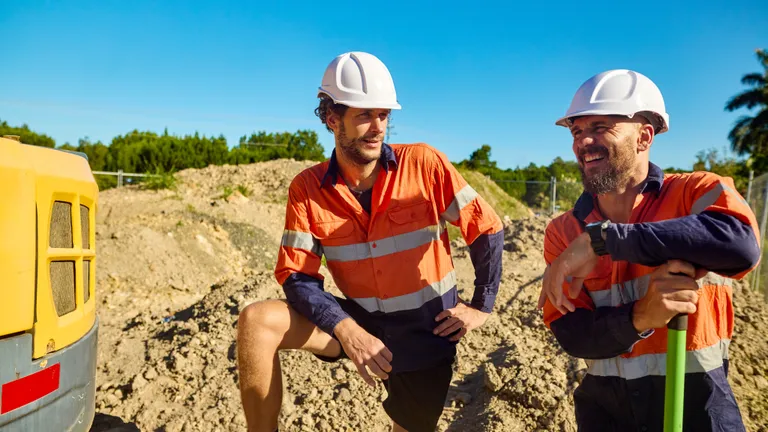
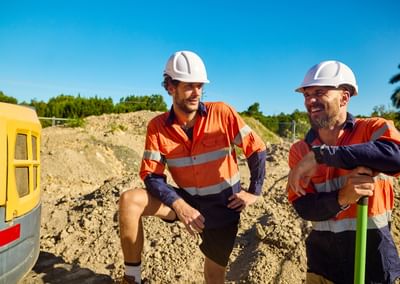
Workplaces
Exposures to known carcinogens in the workplace are estimated to cause over 5,000 new cases of cancer in Australia each year. In addition, outdoor workers who spend long hours in the sun, year after year, are more likely to be diagnosed with skin cancer than those who work indoors. Cancer Council SA provides workplace Cancer Prevention Information Sessions to educate employers, staff and volunteers on how they can reduce their risk of cancer.
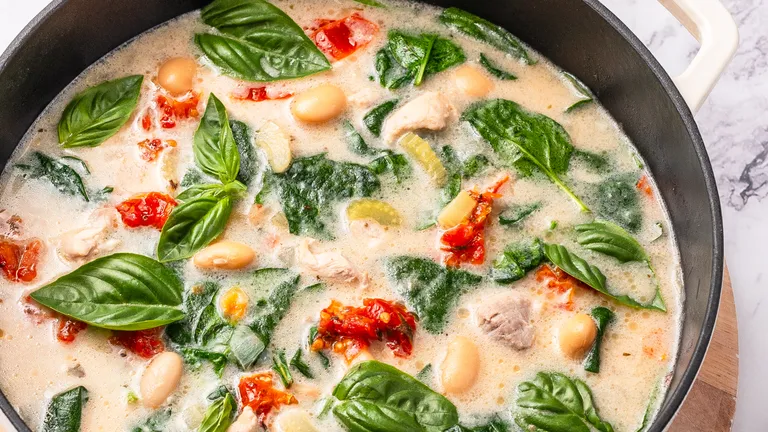
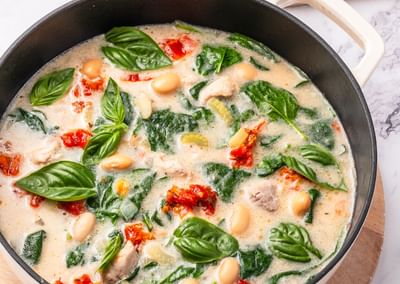
Recipes
Make healthier meals at home with these simple recipes.
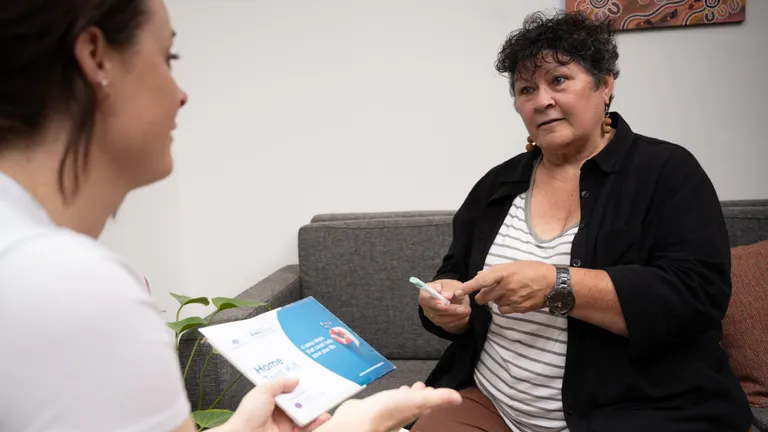
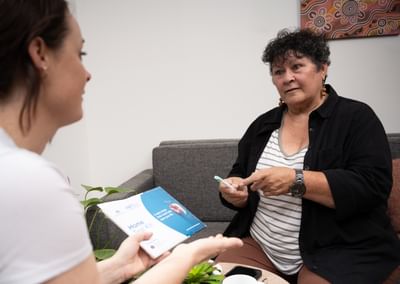
Prevention and early detection resources and fact sheets
Cancer Council provides trustworthy, evidence-based resources and information for the community about cancer prevention and early detection. You can view or download all our resources, or you can speak to one of our experienced cancer prevention team members at prevention@cancersa.org.au about which resources best suit your needs.